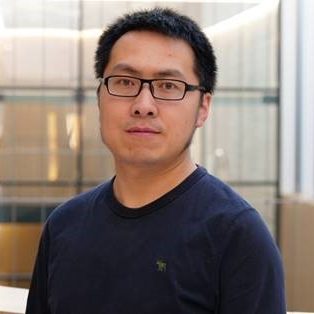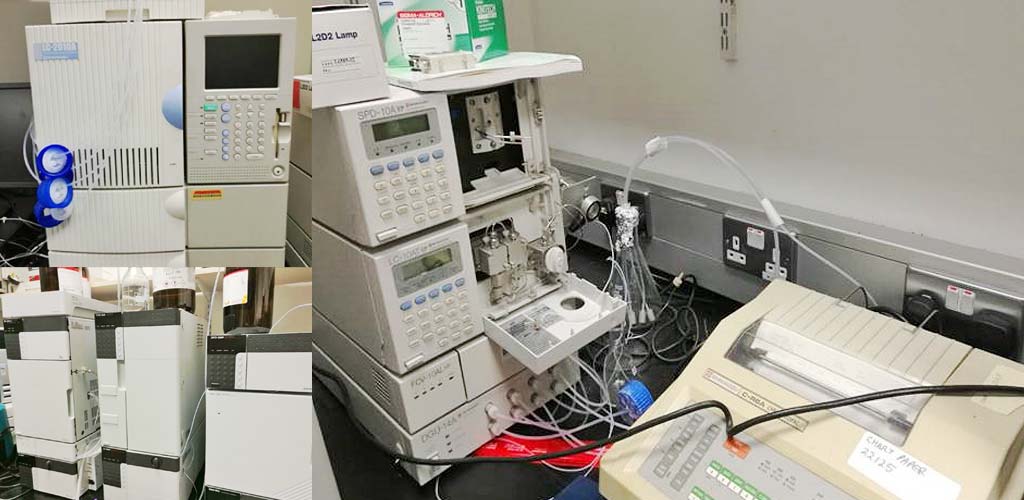Dr Dan Wu RCSI


Dr. Dan Wu is an Organic Chemist who completed his PhD at University College Dublin in 2014. Following his Doctorate, Dan moved to the RCSI (Royal College of Surgeons) Department of Pharmaceutical and Medicinal Chemistry, where he now works under Professor Donal O’Shea as an honorary lecturer and researcher.
Dan’s work, which centres around human health, has been well recognised and featured in a number of international publications.
I first used Shimadzu HPLC when I started my PhD in University College Dublin (UCD), we had a normal phase system used for the separation of chiral compounds and reverse phase system for analysis of the purity of products in the group. When I moved to RCSI in 2015 the first equipment our group bought was a new Shimadzu reverse phase HPLC from Mason Technology to meet a large number of the lab needs. Owing to the reasonable price along with good quality and good service, after a year at RCSI, there were two other groups from chemistry department purchased another two Shimadzu HPLC from Mason Technology. At present in our group, we have a dedicated normal phase system for chiral compounds, a reverse phase system for analysis of small organic molecular and a preparative HPLC system for the purification of peptides conjugates.
The oldest Shimadzu system I have used is a LC-10 HPLC system which is more than 20 years old, it is all manual control with an old fashion printer, it does not even have a PC or software connected to it. The beauty of this system is that it is still compatible with new modules, it works perfectly, and we can still get parts and support. The only thing I have ever needed to replace on this system is one of the board batteries!
The modularity of Shimadzu HPLC is a huge benefit for us in terms of flexibility, I can swap the modules around. Our future plans with the Shimadzu systems are to hook them up to a single quad mass spectrometer and expand further into preparative work.

Currently, my main work is focused on the development of novel near infrared fluorophores for use with tumour targeting agents such as peptides and small molecule drugs.
We have a lot of new research happening, we are trying to use our fluorophores to aid in high precision and high efficiency tumour removal. Surgeons generally use their experience when approaching the removal of tumours. Our idea is that the patient would take the marker (peptide) drugs containing the fluorophores, these peptides and fluorophores will target the site of the tumour and allow the surgeon to then visualise exact tumour tissue and precisely remove it. We are using the Shimadzu preparative HPLC to purify these peptide compounds before doing the in vivo study. With this project we have already passed the toxicity both in cellular and animal studies. The next challenge work will focus on translating the potential candidate fluorophores into clinical trials for imaging guided surgery. We are also collaborating with IBM Research on designing a self-learning software that uses AI intraoperative to visualise the fluorescence accurately.
I’ve had a good experience working with Mason Technology, in the last 3-4 years we now have three systems, it’s a happy collaboration. The service is great and there was good help from the specialist David Barrett when we have had problems.
In the future, we need to introduce a super resolution fluorescence microscope to help us learn more details of cellular activities by using fluorophore labelled biomolecules which could lead us to develop more effective tools for the detection and therapy of cancer at an earlier stage.
